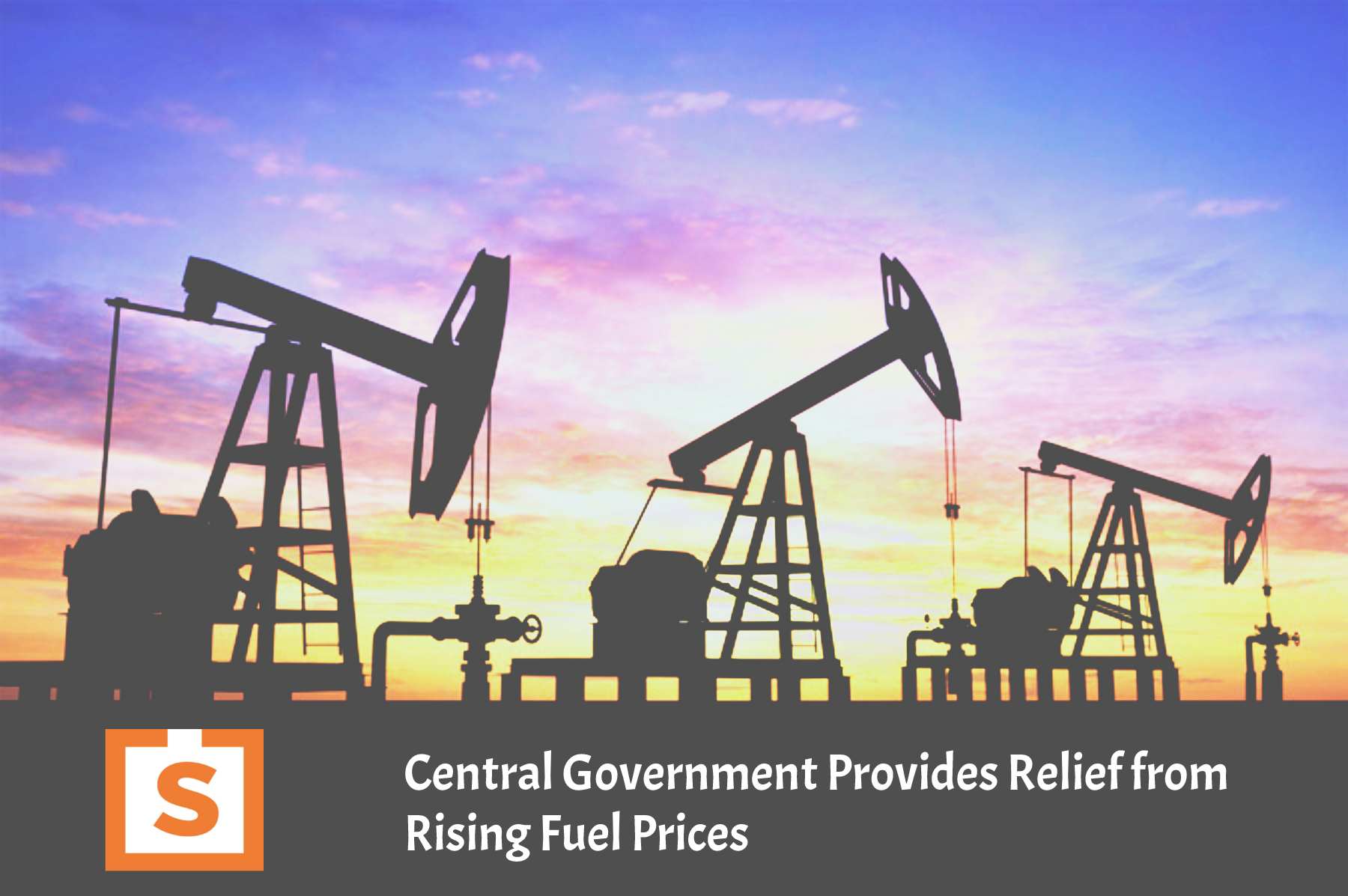What’s the news?
The Central govt has reduced the central excise duty on Petrol and Diesel.
What does that mean?
The finance minister Nirmala Sitharaman announced that the petrol prices would be reduced by Rs 9.5 per litre and the diesel by Rs 7 per litre after the central govt cuts central excise duty. The significant cut in fuel prices will positively impact some sectors, and it will be a considerable relief to the common person.
The Central Govt move to slash the excise duty on petrol and diesel is also an effort to combat the rising inflation in the country. The Consumer price inflation rose to 7.79% in April, remaining above the Reserve Bank of India’s inflation target for the fourth consecutive month.
In April, the wholesale price inflation touched a record high of 15.08%. As a result, the central bank increased the key rates to contain inflation earlier this month.
Fuel prices directly affect the prices of goods made from crude oil derivatives. An increase in these prices, in turn, leads to goods and services costing more in general. The reason is the increase in transportation costs. However, reducing petrol and diesel excise tax is likely to reduce the cost inflation.
In addition to that, this move also helps reduce the production cost of the companies that use crude as its raw material, such as Paint Manufactures, Chemical Producers, Tyre Manufactures, Pharma API manufacturers etc.
There will be an impact on the government finances front because the reduced taxes mean higher borrowings to support oil imports. This higher borrowing is likely to push the sovereign bond yields higher.
How does that impact your wealth?
The coordinated move of the central bank and central govt to contain supply-side led inflation is necessary. This move, in turn, will reduce the required rate hikes needed. The final result will likely reduce growth challenges without demand destruction.
The fuel price cut may help in reducing inflation expectations. However, the effect on the retail end will be more felt than the effect on the corporate side. This is because the retail user is a direct beneficiary of lower petrol and diesel prices.
At the same time, the corporate sector benefits from the reduced logistics cost across different products. These products range from fruits and vegetables, manufactured products, consumables etc.
Thanks to this development, the impact on your wealth is likely to be positive due to the indirect impact fuel prices have on corporate earnings.











Show comments